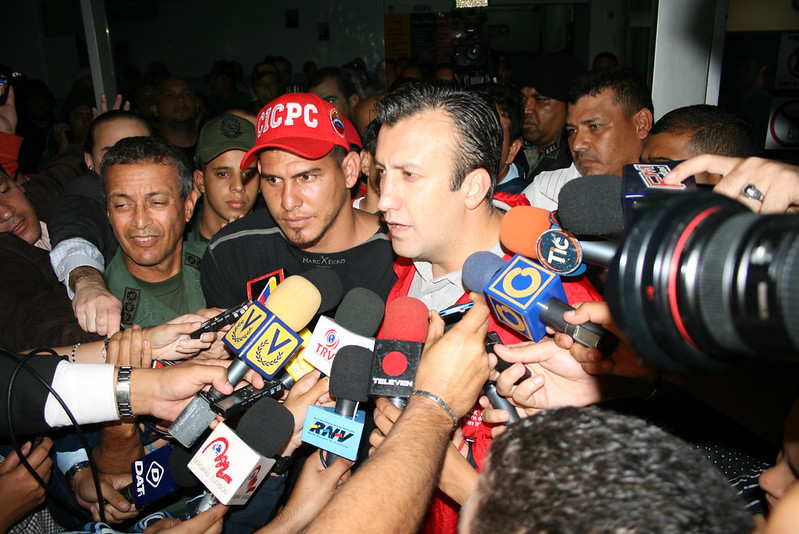
Tareck El Aissami was once one of the most powerful men in Venezuela and a top Maduro confidant.
“Maduro became a victim in the face of a violent opposition that wanted to kill him. It turns out that some of his own people were behind the attack.”
Recently, the Maduro regime has shown signs of schisms within the ruling Chavista Party,[i] now known as the United Socialist Party of Venezuela (PSUV). The arrest and prosecution of regime insider, former Oil Minister Tareck El Aissami, is a watershed moment for elites in Maduro’s inner circle. According to the first excerpted article from the centrist Colombian daily El Tiempo, Maduro accused El Aissami of being behind the assassination attempt, as well as corruption, pilfering roughly $21 billion from the state-owned oil company while serving as oil minister.[ii] According to the second excerpted article from the Spanish outlet El País, El Aissami, in addition to the assassination accusation, fell for endangering the PSUV’s electoral prospects with his large-scale theft of public resources. . The outlet notes how the arrests of El Aissami and his associates sent a chill through many circles of regime elites. They come in the context of Venezuela’s July presidential election, in which Maduro faces stiff competition from an organized opposition that continues to lead Maduro in the polls. The fact that dozens have been arrested alongside El Aissami indicates a growing crisis of trust within Chavismo’s elite ranks.[iii] Further, the money that El Aissami stole to grease his corruption networks has restricted the Maduro regime from greater social spending during the campaign, contributing to his flagging prospects of winning the election.
Sources:
Source: “Traicionado por su propio círculo? Así fue cómo un ministro cercano a Nicolás Maduro casi implosiona al chavismo (Betrayed by his own circle? This is how a minister close to Nicolás Maduro almost imploded Chavismo),” El Tiempo (a Colombian daily generally considered politically centrist), 30 April 2024. https://www.eltiempo.com/mundo/venezuela/los-conspiradores-estaban-con-maduro-como-un-ministro-casi-implosiona-al-chavismo-3338641
Less than a month ago, El Aissami was seen handcuffed, quite skinny, and with an emaciated appearance…even if it were true that El Aissami had been conspiring against Maduro, his imprisonment could be more related to the accusation than to the ‘loss’ of 21 billion dollars from PDVSA, a plot that leaves more than 60 detainees, all allies of the former minister…With the drone attack story, Maduro became a victim in the face of a violent opposition that wanted to kill him. It turns out that some of his own people were behind the attack.
Source: “Venezuela detiene al exministro del Petróleo Tareck El Aissami, hasta hace poco un político íntimo de Maduro (Venezuela detains former Oil Minister Tareck El Aissami, until recently a close politician of Maduro),” El País (a Spanish outlet with excellent regional coverage), 9 April 2024. https://elpais.com/america/2024-04-09/venezuela-detiene-al-exministro-del-petroleo-tareck-el-aissami-hasta-hace-poco-un-politico-intimo-de-maduro.html
The tectonic plates of Chavismo have received a strong shock this Tuesday. The Venezuelan Prosecutor’s Office has announced the arrest of former minister Tareck El Aissami, a politician who until a year and a half ago belonged to Nicolás Maduro’s circle of trust…The definitive fall of El Aissami—a powerful and feared operator of Chavismo, around whom important layers of current national capital had been organized—seems to close the chapter of an expensive fraud on the nation, orchestrated under the shadow of international sanctions, in a time in which…the country’s oil production and the economy, were completely bankrupt, in the midst of a massive emigration of people. This may be the most radical and merciless purge carried out by Chavismo since it came to power…El Aissami is not taken to prison for ideological differences, but for having endangered the revolution and abusing its authority.
Notes:
[i] Chavismo is the movement of those who follow Huge Chavez, which today is encapsulated in the party formally called PSUV (United Socialist Party of Venezuela, in English). Chavistas are followers of Chavismo.
[ii] To understand more about the unfathomable scale of this theft from PDVSA, and the use of crypto currency and middlemen, see: Marianna Parraga, “Exclusive: Middlemen Have Left Venezuela’s PDVSA with $21.2 billion in Unpaid Bills,” Reuters, 21 March 2023. https://www.reuters.com/business/energy/middlemen-have-left-venezuelas-pdvsa-with-212-billion-unpaid-bills-2023-03-21/
[iii] For more information on the opposition’s success in pressuring Maduro despite the long electoral odds, see: Ryan C. Berg, “This Could Be the Last Shot to Restore Democracy in Venezuela,” Center for Strategic & International Studies, 4 April 2024. https://www.csis.org/analysis/could-be-last-shot-restore-democracy-venezuela
Image Information:
Image: Tareck El Aissami was once one of the most powerful men in Venezuela and a top Maduro confidant.
Source: https://www.flickr.com/photos/globovision/6336412991/
Attribution: CC BY-NC 2.0 DEED

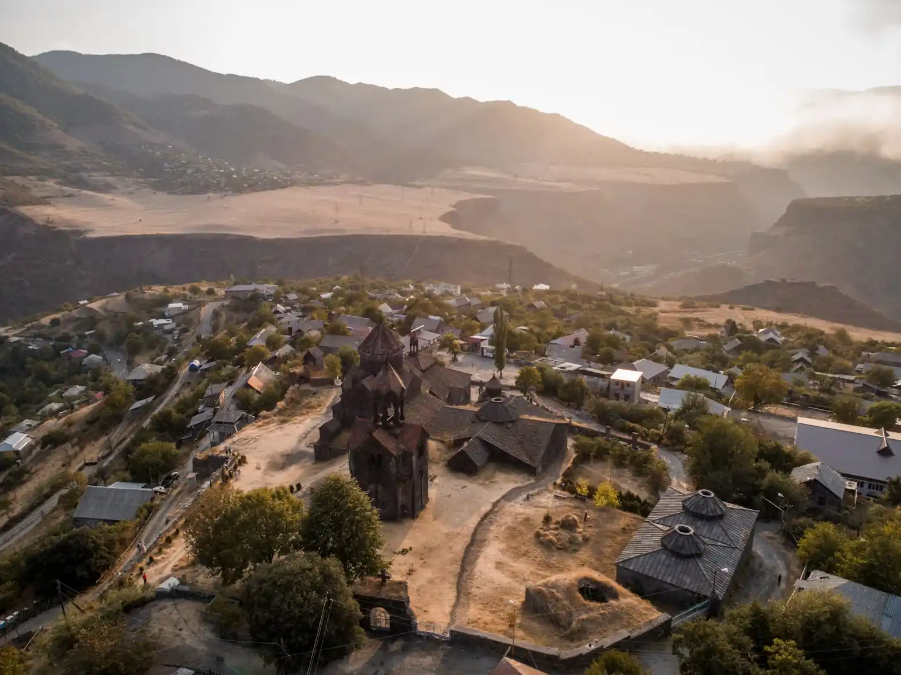
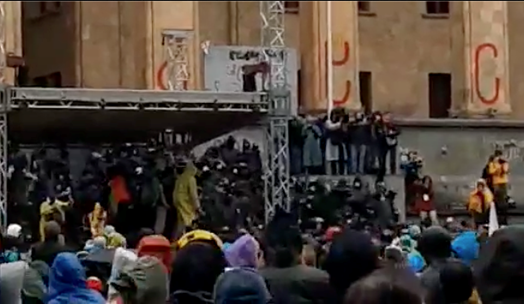
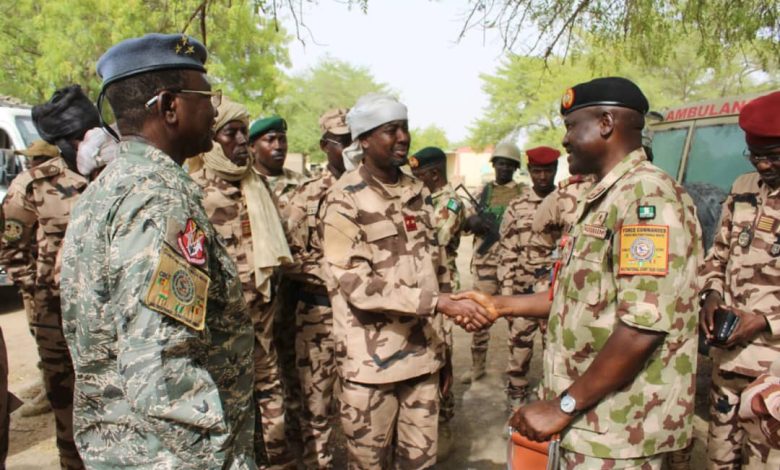
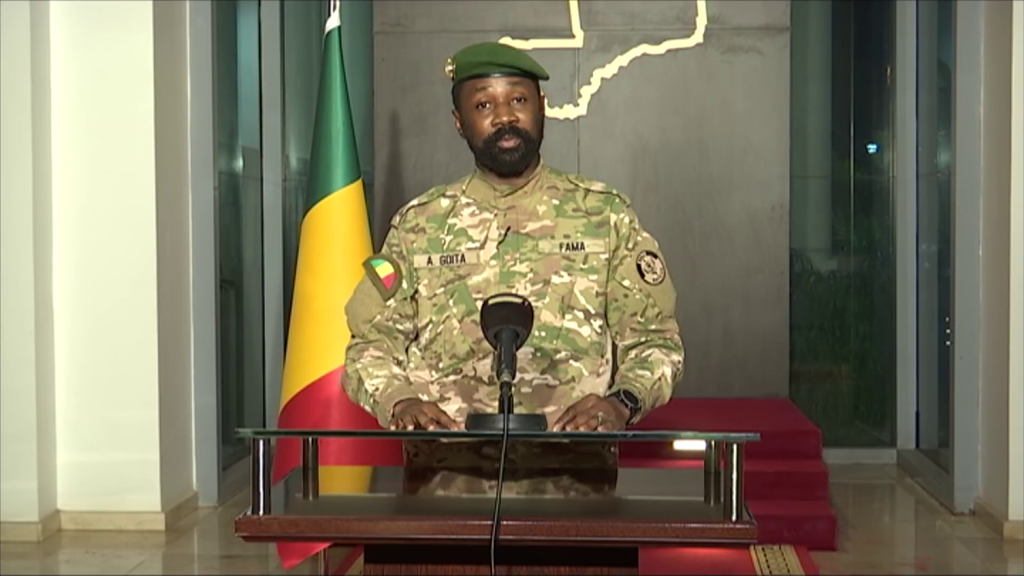
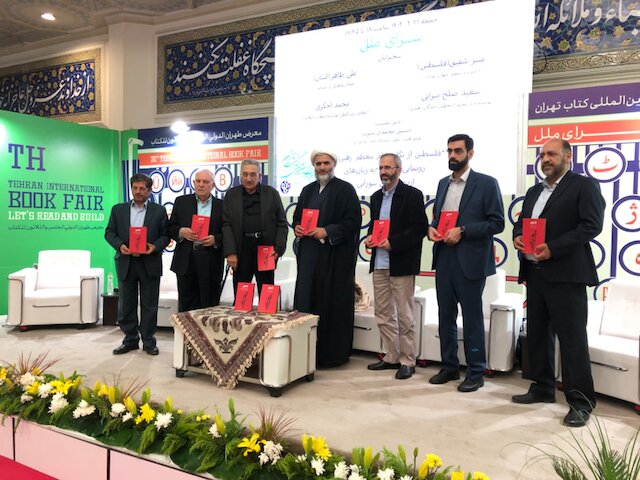
, Sayyed Abdolrahim Mousavi.jpg)
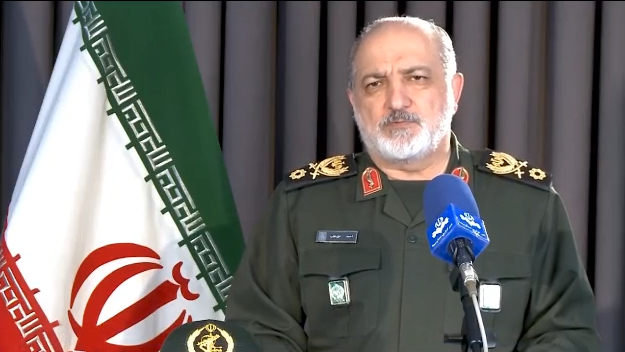
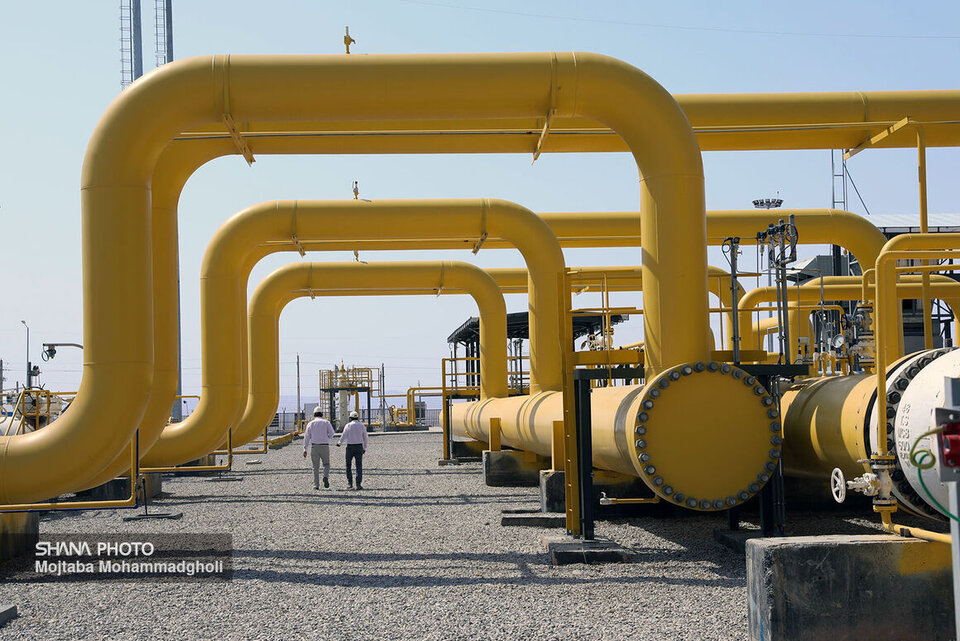
.jpg)